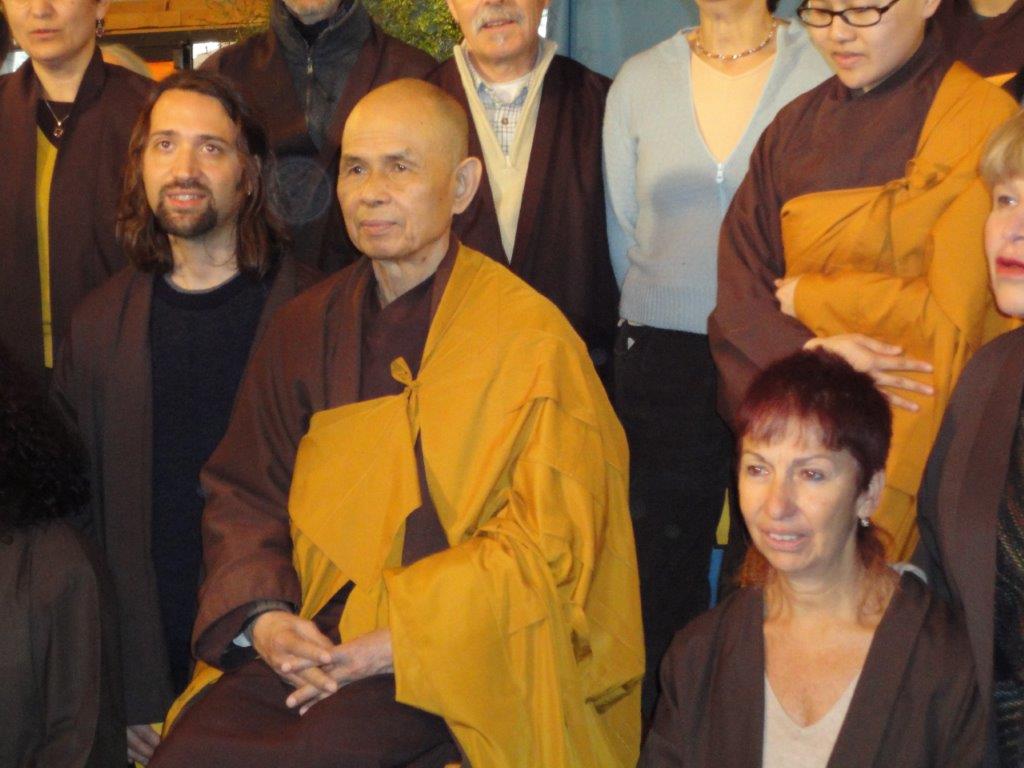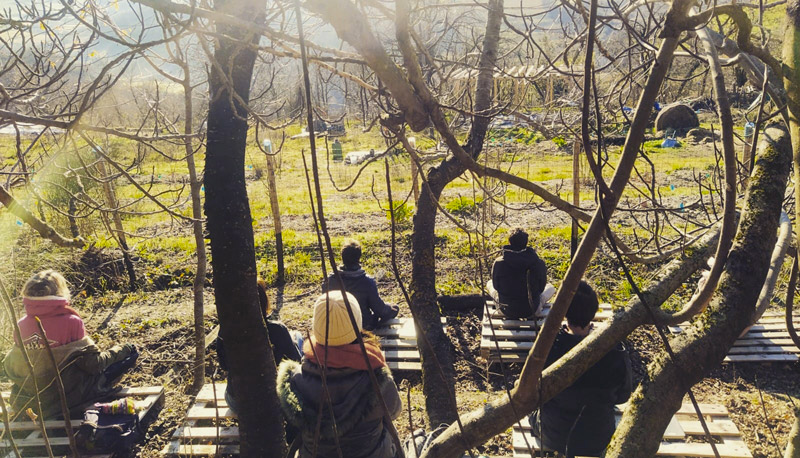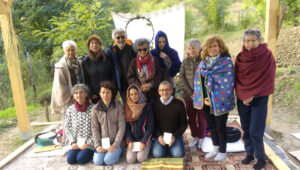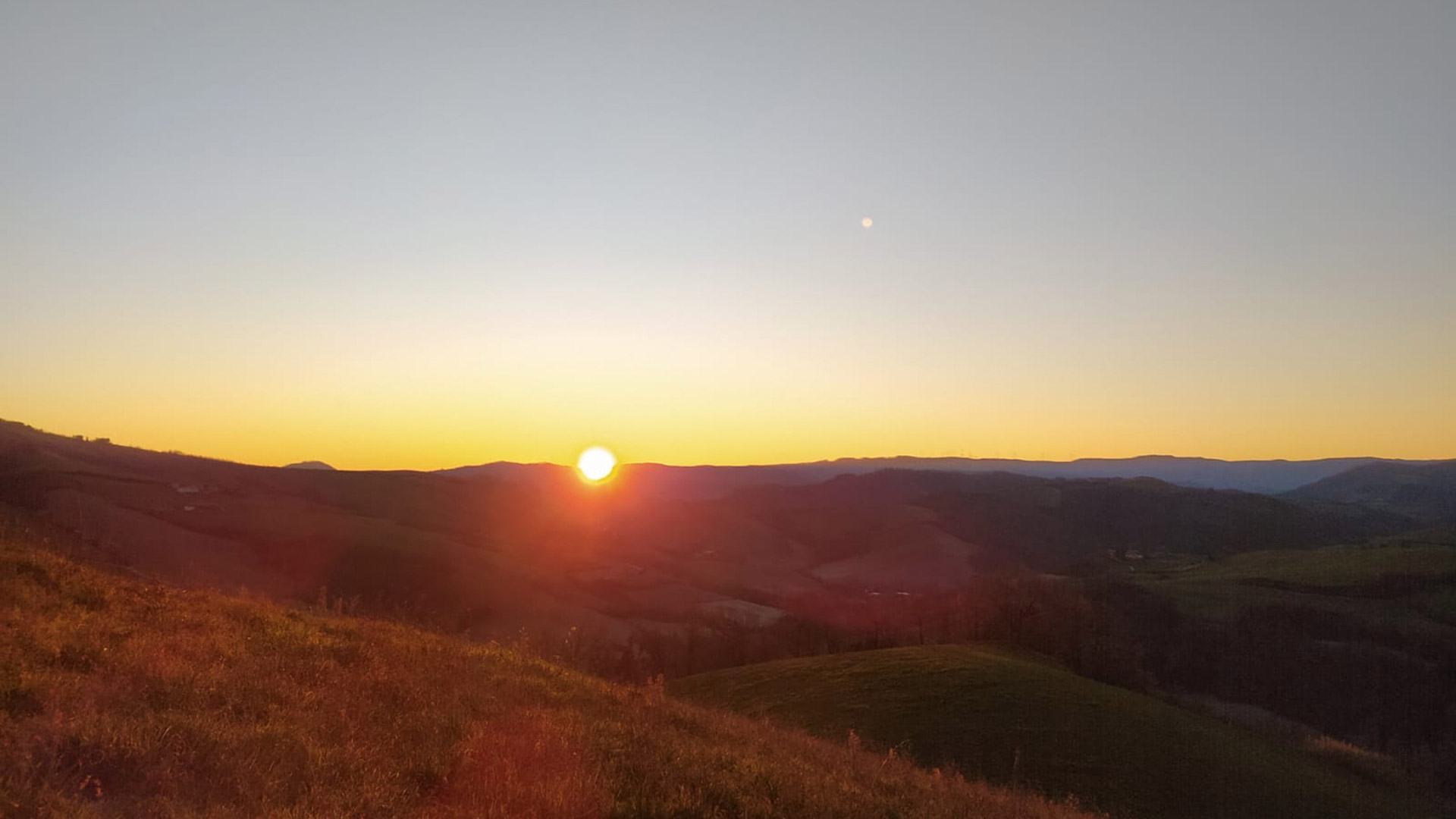Mindfulness
Mindfulness is our innate ability to be present for what is occurring inside and around us, without needing to judge it, follow it, or push it away. It is the key that allows us to look at situations and emotions with greater perspective, to act instead of react, and to appreciate more fully the small miracles of life.
A practice center

To live in a way that cultivates presence, peace and well-being in the mind is the aim of a practice center. Pardesa specifically aspires to represent a living expression of the teachings of Thich Nhat Hanh – Vietnamese zen monk and peace activist – by making every moment an opportunity to touch deeply the meaning of our live and to cultivate the “qualities of the heart” in the garden of our mind.
There are both formal and informal practices. Formal practices include sitting meditation (guided as well as silent), walking meditation, relaxation, teaching and group sharing, mindful communal meals and periods of noble silence. Informal practices, on the other hand, are our daily life: the many actions and activities in which we give 100% of our attention, leading to a sense of ease and fulfillment.
Together we support each other in creating an atmosphere that helps us let go of our habit energies and to be more available to the immediacy of the present moment.

Mind and the Earth
Much of the damage caused by our civilization are the results of a culture of consumption, fed by hurriedness, fear and distraction. Cultivating the positive qualities of our mind has a central role in the transformation towards a more sustainable civilization, and offers a stability and freshness needed to avoid the burnout often experienced by those engaged in social change.
Integrating applied ecology as part of our daily practice gives us nourishment, joy and a feeling of connection with the Earth. Meals, thanks also to Pardesa’s vegan cuisine, are opportunities to unite care for the mind and care for the Earth.
Although the roots of mindfulness practice are found in the Buddhist tradition, cultivating mindfulness (sati in the Pali language) does not require that we take on a specific religious identity, Buddhist or otherwise: mindfulness belongs to our heritage as human beings. In fact, our tendency to gravitate towards individual and collective identities, and the experience of softening that energy, can be an interesting and fertile field of investigation.
Thematic retreats

We hold retreats and days of practice in collaboration with Italian and international groups and instructors, on topic such as:
- nourishment and healing
- the art of listening and communicating
- managing stress and difficult emotions
- contemplative lifestyles
- mindfulness in nature
We live in two environments simultaneously. One, the physical and natural environment that surrounds us and of which we are made, and two, our mind, through which we experience each moment. With care, attention and the right effort, both can flourish.
For more information
Thich Nhat Hanh, The miracle of mindfulness

